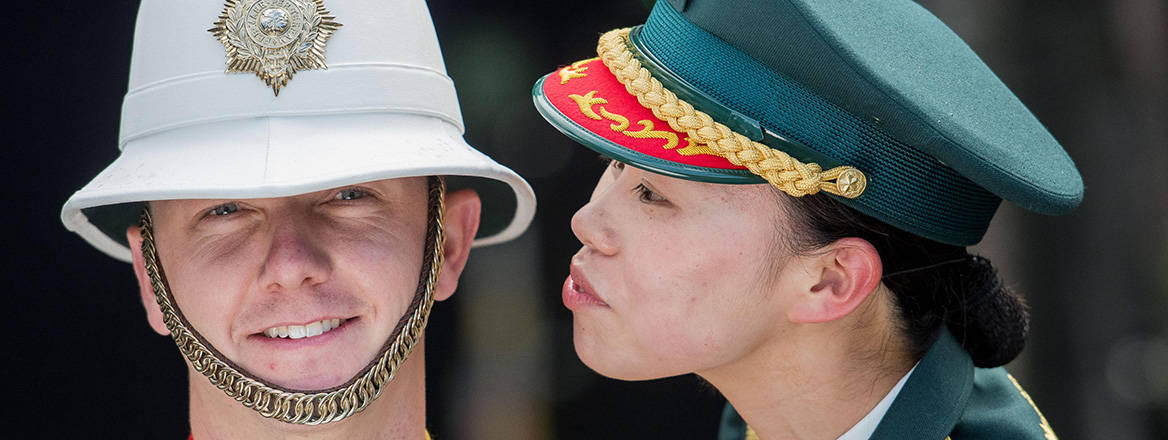Is the UK already in a Military Alliance with Japan?
The UK’s energetic courting of Japan is amassing a collection of Next Generation capabilities that could be perceived as rivalling the US security prerogative.

In March 2025, a ministerial delegation travelled to Japan for the ‘Economic 2+2’, a meeting of the trade and foreign ministers for the UK and Japan, heralded by this Government as an opportunity to propel growth and resilience. In a rather au-milieu way, UK policy identifies the Indo-Pacific as critical to the economy and security, with the UK-Japan relationship described as an enhanced global strategic partnership. To what extent is this fully reflective of the Japanese experience of their security relationship with the UK?
Signalling their perceived severity of the security environment, previous PM Kishida warned that ‘Ukraine today may be East Asia tomorrow’. Japan now dynamically balances its peace-loving approach with a hard realism that bolsters deterrence with hard power and alliances. The Hiroshima Accord is evidence of, at least, Japan’s clear intention to increase the quality and depth of its deterrence partnerships. This article considers whether the state of the UK’s entanglement with Japan is actually a vivid collection of co-dependencies that, with some small imagination of the Japanese and US policymaker, sufficiently meet the conditions of being in an Alliance.
Stocktaking the UK-Japan Relationship
A shared UK-Japan world view towards securitisation of economies and geopolitics drove the 2+2 to focus on AI, defence investment and joint research. Joining the collection of joint programmes is GCAP, the UK-Japan-Italy 6th-generation fighter programme, which from a political perspective has cemented the convergence of national-strategic goals with a programme that supports national prosperity and defence-industrial sovereignty.
These fundamentals did not happen overnight. The race to partner with the Indo-Pacific centres of economic and technological gravity is a sport for many western nations, yet the UK has comparatively outstripped its competitors in this regard.
It is possible that an enemy or ally could create an impression of a UK-Japan entanglement from this collection of agreements and quasi-alliances. Both the full-spectrum cyber-partnership and GCAP contain obligations arising from co-dependencies. The commitment to maintain a high technology partnership needs to account for the interactive nature of the threat, where a responsive defence-industrial feedback-loop maintains the asymmetric advantage. GCAP’s Convention requires reciprocal access to information and industrial-led spiral development. An aggregate impression could be that these agreements pass the test for the definition of an alliance.


AloJapan.com